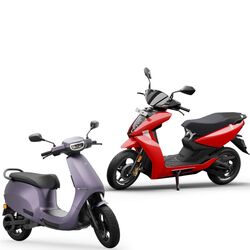An EV can give you income tax benefits, but there's a catch. Know here
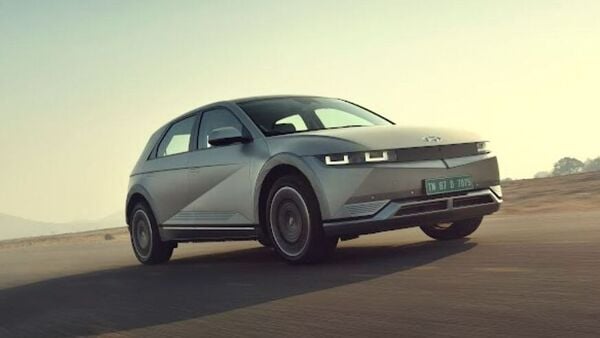
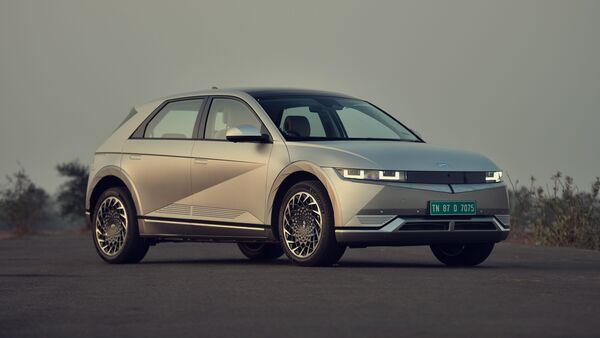
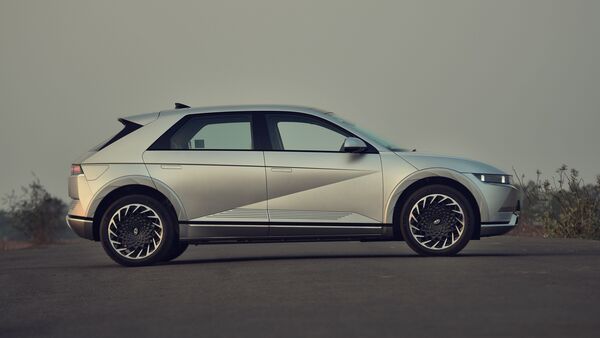

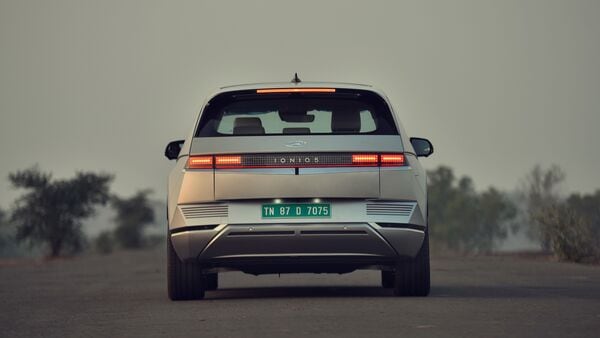
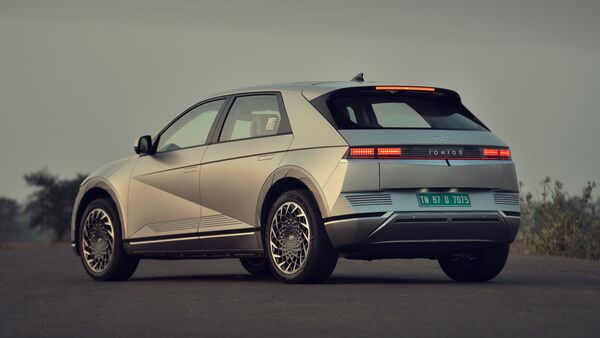
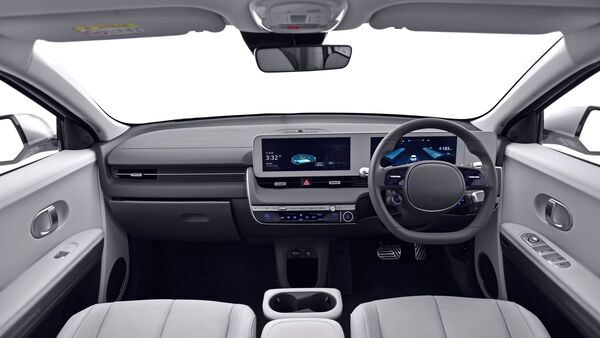
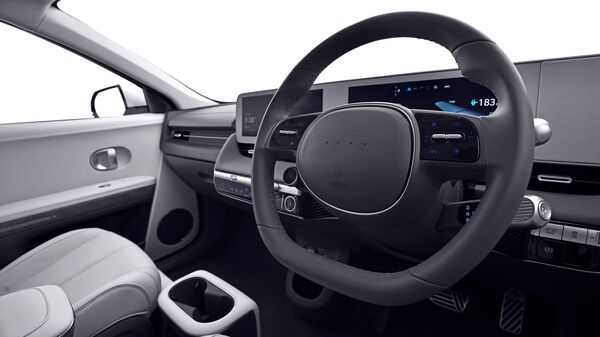
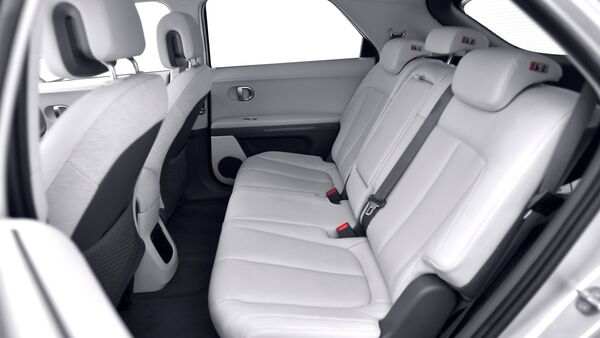
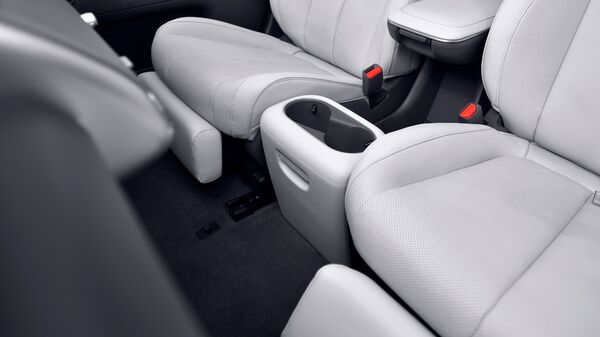
As the current financial year is nearing its end, taxpayers' worries are growing about how to save more and get the best benefit while filing income tax returns. While some clauses in the Income Tax Act offer tax exemption to the return filers, buying a vehicle and the related loan doesn't provide them with any relief. However, to promote electric mobility in India, the central government has introduced a new section to the IT Act, 80EEB, through which electric vehicle buyers who are availing of a loan to purchase an EV can avail of benefits of up to ₹1.5 lakh.
Here are all the details you would like to know about 80EEB.
Also Read : How to keep electric car charging costs down: Key useful tips
What is 80EEB?
The 80EEB is a section of the Income Tax Act, specially curated for electric vehicle buyers who avail of vehicle loans to purchase an EV. This section allows an individual taxpayer to claim a deduction of up to ₹1.5 lakh on the interest component of the vehicle loan taken to purchase the EV. Under this section, each taxpayer can claim a maximum deduction of ₹1.5 lakh only once in one assessment year. The benefits are available only for individual taxpayers, not for companies or businesses.
Also check these Cars
Key details of 80EEB benefit
To avail of the benefit of the 80EEB section of the Income Tax Act, the beneficiary has to be an individual taxpayer, not any business or company. The EV can be used for personal use or business, though. The benefit is available only for those individuals who are purchasing the EV by opting for a vehicle loan, which must be taken between 1st April 2019 and 31st March 2023.
If the buyer uses the electric vehicle for business use and the interest paid on the vehicle loan exceeds the ₹1.5 lakh threshold in one financial year, it can be shown as a business expense. However, to avail of that benefit, the vehicle must be registered in the name of the business owner. The loan must be taken from a financial institution such as a bank or an NBFC.
The section 80EEB deduction limit is set at ₹1.5 lakh per annum. One cannot claim further deduction under any provision of the IT Act. The deduction is available only once to a taxpayer in a single financial year and is available for those buyers who have purchased an EV for the first time. The benefit is available for electric two-wheelers and four-wheelers.
Calculating the deduction amount under 80EEB
If you buy an electric car priced at ₹22 lakh and avail of a vehicle loan of ₹20 lakh at an interest rate of 10 per cent per annum to purchase that from a registered bank or NBFC, the interest payable on the loan will be ₹2 lakh. Under section 80EEB, you can claim a ₹1.5 lakh deduction on the ₹2 lakh interest paid to the lender. However, the remaining ₹50,000 will be taxable.







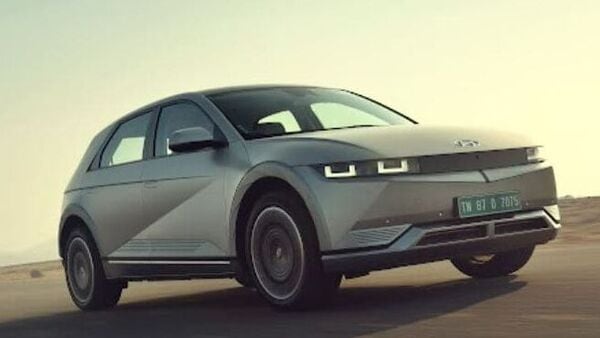
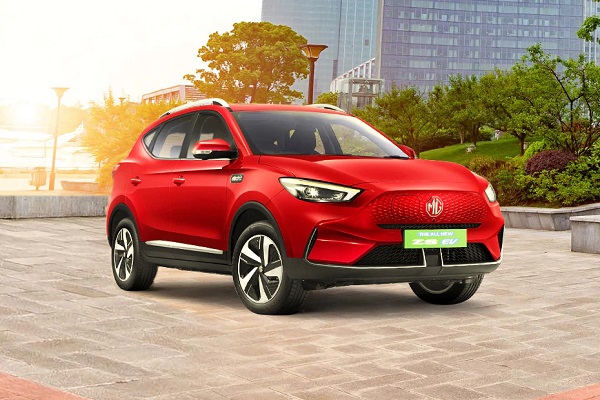
 50.3 kWh
50.3 kWh 419 Km
419 Km
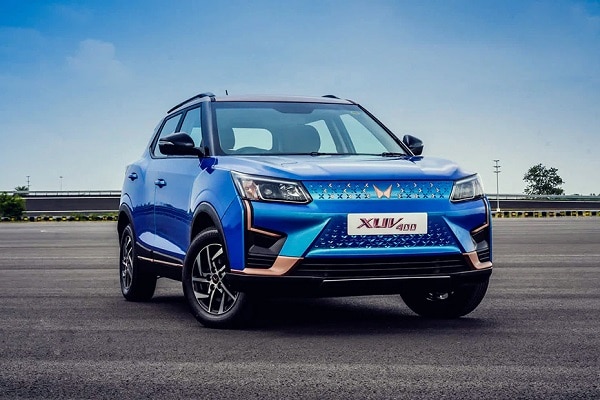
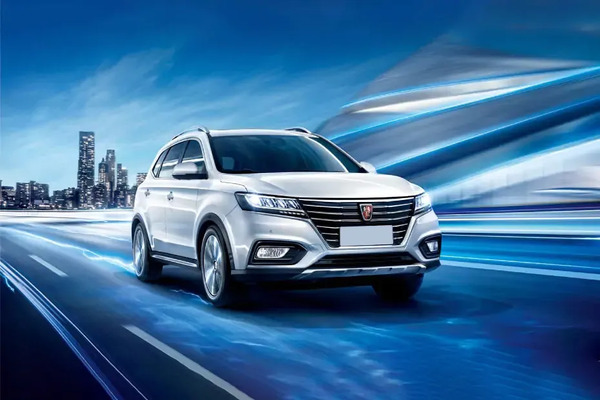

 1497 cc
1497 cc Multiple
Multiple





